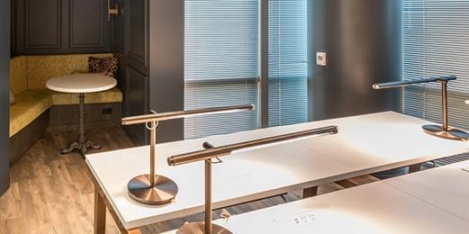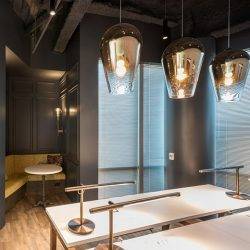October 17, 2018
Staff would sacrifice workplace benefits for more flexibility
 Work/life balance, and the ability to take more annual leave, is the top priority for most European workers and 52 percent explicitly see this as an incentive for choosing certain benefits claims research from SD Worx. Employees in France (63 percent) prioritise this the most across the Europe, next is the UK, whilst workers in Austria (36 percent) and the Netherlands (32 percent) are least likely to opt for additional annual leave. Flexible working also plays a significant role in the benefits employees would choose, with home working allowances being a key factor for 21 percent of respondents and 21 percent wanting a laptop or smartphone included in their benefits package. (more…)
Work/life balance, and the ability to take more annual leave, is the top priority for most European workers and 52 percent explicitly see this as an incentive for choosing certain benefits claims research from SD Worx. Employees in France (63 percent) prioritise this the most across the Europe, next is the UK, whilst workers in Austria (36 percent) and the Netherlands (32 percent) are least likely to opt for additional annual leave. Flexible working also plays a significant role in the benefits employees would choose, with home working allowances being a key factor for 21 percent of respondents and 21 percent wanting a laptop or smartphone included in their benefits package. (more…)





























May 10, 2013
The biggest challenge is building flexibility into an office design
by Mark Eltringham • Comment, Facilities management, Workplace design
(more…)